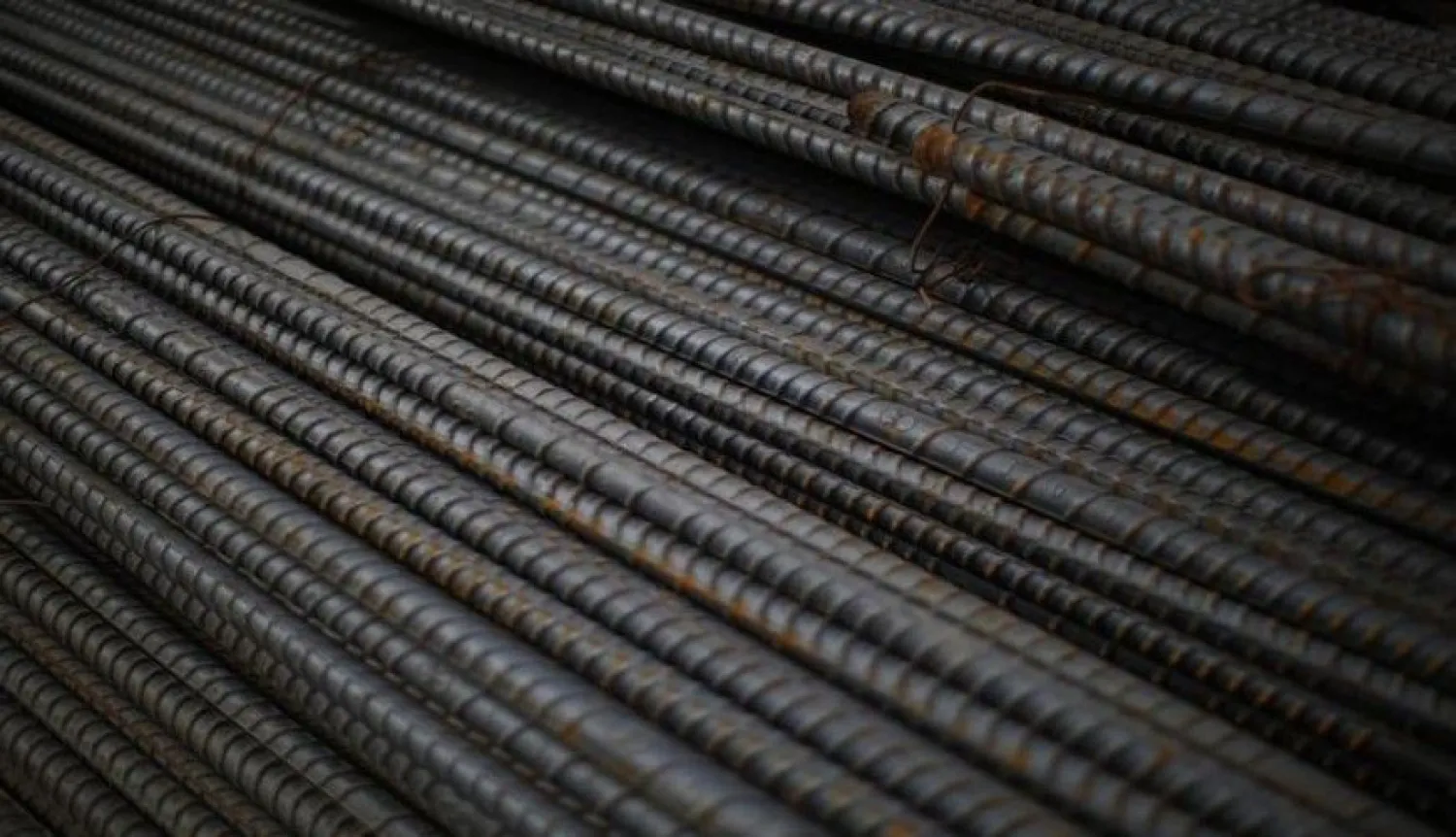Egypt has started collecting "temporary protection fees" of 25 percent on steel rebar and 15 percent on iron billets for 180 days starting Monday, announced the Ministry of Finance.
Egypt's steel production is reportedly between 7 million and 7.5 million tonnes per year.
The ministry said in a statement that the aim of this decision is to "protect national industries from the unfair competition of foreign products."
In 2017, the government said it would maintain tariffs on steel rebar from China, Turkey and Ukraine for a five-year period in order to protect local manufacturers. In August that year, it raised the price of steel rebar by more than 12 percent, compared to 10.5 percent in 2016.
Egyptian re-rollers have also started a petition calling for authorities to remove the duties, which according to them will threaten domestic production and raise the cost of raw materials.
Speaking at a press conference, head of the Chamber Metallurgical Industries, Jamal al-Jarhi warned that the situation is difficult now and will lead to the closure of 22 factories with the displacement of thousands of workers.
He called on the Egyptian President Abdul Fattah el-Sisi to intervene and halt the decision. He also asked for a neutral specialized committee of the cabinet that includes all parties and entities to study the situation.
Small enterprises also signed a petition asking the president to stop the implementation of the resolution, asserting that it will cost billions of dollars in investments. They also noted that the factories balance the local demand of steel and meet the needs of consumers with fair prices.
In contrast, a number of manufacturers of iron billets in Egypt called on the Directorate-General of Anti-dumping, under the Ministry of Commerce, to impose duties on imports of billets after the United States imposed tariffs on steel imports leading to a large global surplus.
“Most of the iron factories have been out of sales since last Thursday after news of the protection fee decision, which caused steel prices to rise by about 500 pounds per tonne last night,” Ahmed el-Zeiny, head of General Building Materials Division at Federation of Egyptian Chambers of Commerce, told Reuters.









